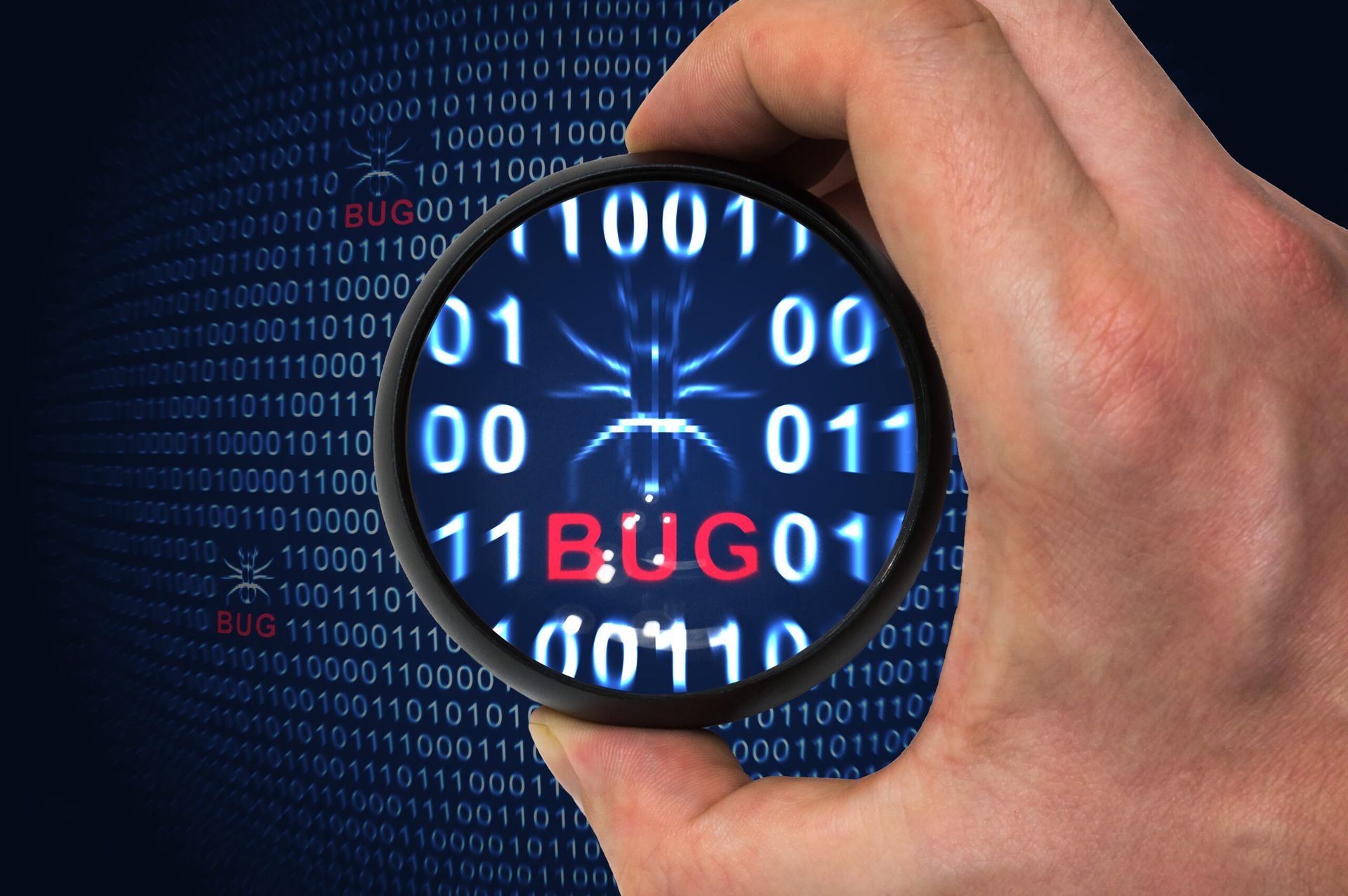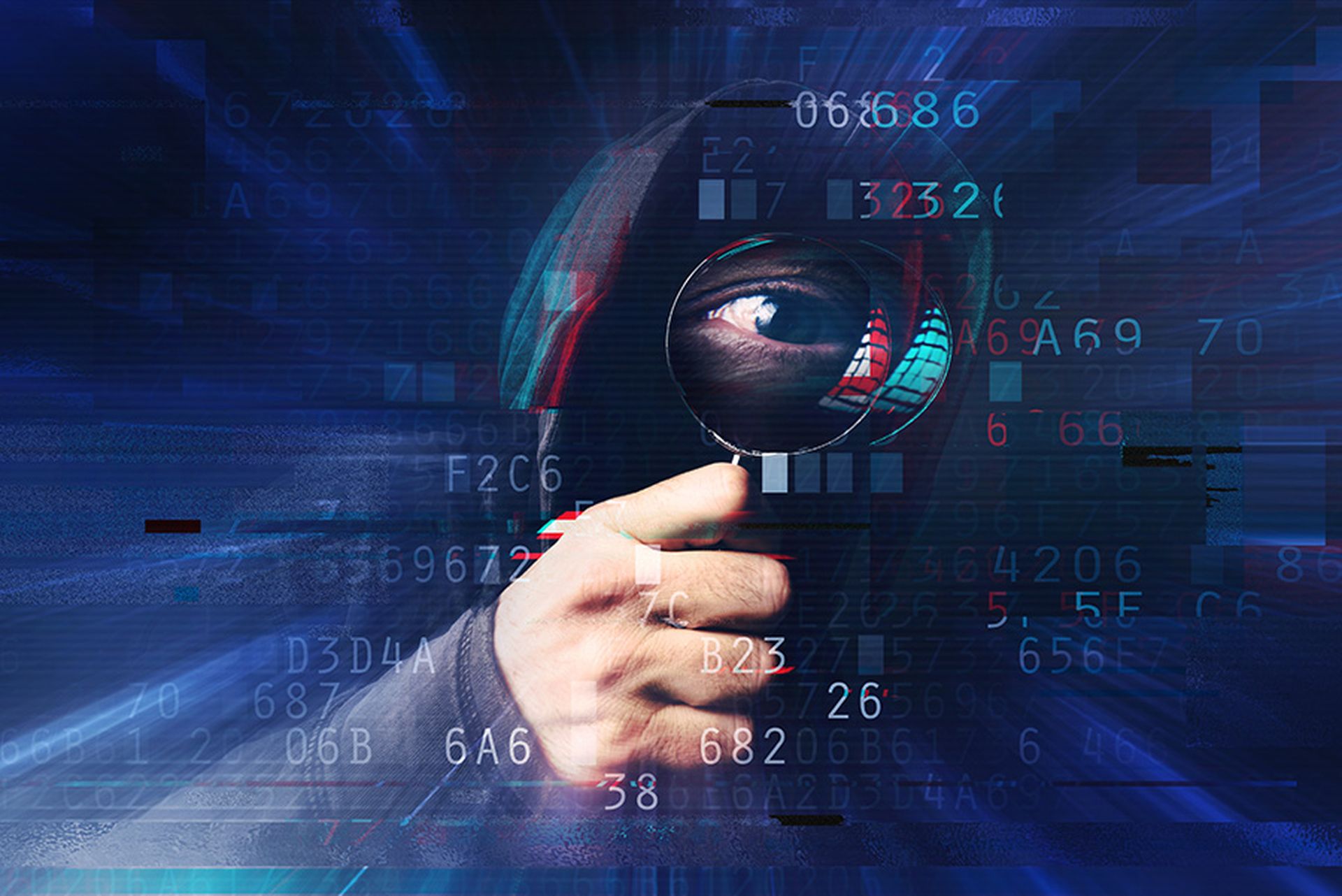Computer forensics experts called to testify before a judge and jury must relay the facts of the case but equally important, must convey them in a way a jury can understand.
On the witness stand, a computer forensic expert must also establish himself or herself as a reliable source, Mark Pollitt, visiting professor at the National Center for Forensic Science at the University of Central Florida, said Tuesday at the SC World Congress in a session called “Forensics for Court.”
The goal, he said, is to establish personal credibility, relay the facts of the case clearly, ensure the judge and jury comprehend the facts and, finally, to be likable.
“The facts aren't enough,” Pollitt said.
Getting and maintaining credibility with the jury is essential for an expert witness, Pollitt said. A jury typically is not technology savvy, so a forensic expert has the opportunity to teach members during testimony. But a jury will not be willing to learn from someone it does not believe is a credible source, so witnesses must explain their credentials in a way that is easy to understand, Pollitt said.
When relaying the facts of the case, a forensic expert must ultimately tell two stories – what the perpetrator did and how the evidence was gathered that proves that person is the culprit.
To effectively tell these stories, it is important to “banish the geek speak,” Pollitt said. In other words, don't speak in acronyms or assume a jury understands a certain evidence-gathering technology or process. On the witness stand, a question might be asked that requires a lengthy background explanation for the jury to understand the answer. If this happens, lay the foundation and build up to the point of the story, he said.
In addition, Pollitt recommended reiterating the technical details of the evidence-gathering process and make eye contact with each juror to ensure comprehension. Also, some people learn visually, so providing a “cheat sheet” for jurors with the technical details of the forensic evidence is beneficial, Pollitt said. Just make sure to ask the lawyer if a “cheat sheet” will be allowed, he added.
Finally, during cross-examination maintain the same demeanor, reiterate the technical details of the case and relay the same testimony, Pollitt said.



